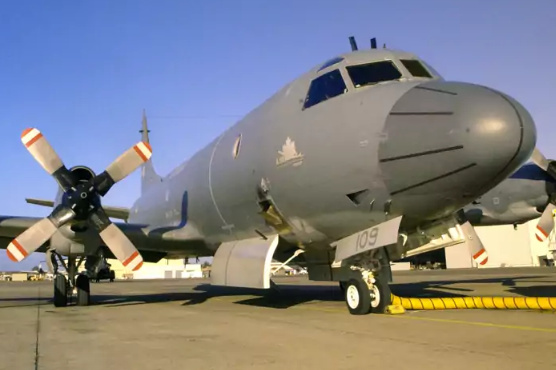Bombardier has decided not to risk souring its relations with Ottawa and will not contest the decision to award a billion-dollar over-the-counter contract to Boeing to replace the company’s aging surveillance and anti-submarine warfare aircraft. Royal Canadian Air Force (RCAF).
After considering turning to the courts to appeal the decision, the private jet manufacturer announced on Monday that it was finally changing its mind. The Quebec aircraft manufacturer is still “deeply” disappointed at not having had the opportunity to compete with the American giant, but it is now looking forward.
“Bombardier acknowledges the Canadian government’s decision and chooses to focus on building a stronger, strategic relationship between the talented women and men of Canada’s aerospace and defense industry and the Canadian Armed Forces.” , wrote the Montreal-based multinational in a statement.
In a context where the company wishes to increase its exposure to the defense sector, it clearly does not want to add fuel to the fire. In recent months, the president and CEO of Bombardier, Éric Martel, did not hesitate to criticize the work of federal officials in this matter by denouncing a lack of “integrity” and a “lack of transparency “.
On November 30, the Trudeau government confirmed the purchase of up to 16 copies of Boeing’s Poseidon P-8A to replace the RCAF’s aging CP-140 Auroras. The total value of the deal is estimated at 10.4 billion. Ottawa justified its decision by asserting that the American manufacturer’s plane was in service, contrary to the “concept” of its Quebec competitor.
Bombardier wanted to offer a militarized version of its Global 6500 private jet. Such a version of the aircraft does not yet fly, an element which obviously worked against the company.
In exchange for the contract obtained, Boeing will have to generate economic benefits equivalent to its portion of the agreement, i.e. 5.4 billion.
In an interview with La Presse on December 4, Mr. Martel strongly denounced the choice of the Trudeau government. He had difficulty explaining how Boeing, which had “nearly brought the Canadian aeronautical industry to the ground,” had been able to obtain a lucrative contract without a call for tenders.
In 2017, Boeing temporarily convinced Washington to impose massive punitive duties on Bombardier’s C Series. The American company had lost this commercial dispute. This dispute nevertheless further weakened Bombardier financially, which had sold the C Series to Airbus.















